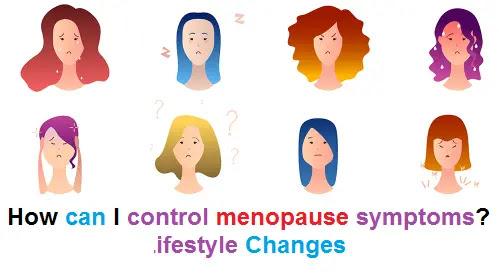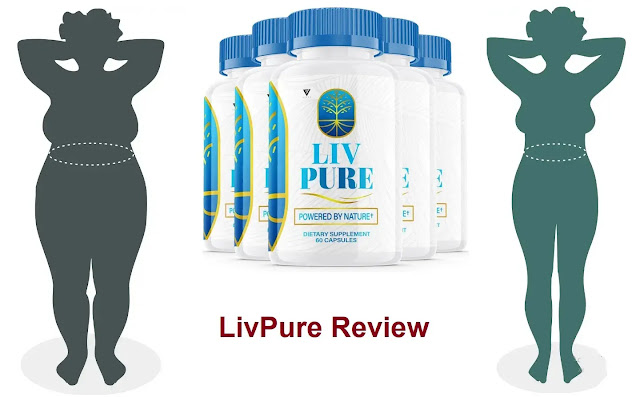Around the age of 35 ovaries produce less estrogen, a hormone that is necessary for menstruation and pregnancy. With age there is less and less estrogen in the body and with time menstruation stops and woman loses her reproductive function. Estrogen level changes affect many organs, including heart, bones, urinary tract, skin and hair.The accompanying symptoms of menopause may have different effects and signs. They may include irregular menstruation, hot flashes, night sweats, vaginal dryness, urinary tract disorders, including urinary incontinence, changes of mood and sleep disorder.
The menstrual cycle can become irregular even before the menopause onset. The cycle may become shorter or longer, menstruation can be more or less excessive than before, there can be spotting in midmenstrual cycle.
What you can do is to stick to a healthy diet first of all. Healthy eating promotes overall health. During menopause the diet must include lots of fruit, vegetables and cereals. Choose low-fat products, try to consume milk products at least 3 times a day. If you do not drink milk, take calcium (1000 mg) with vitamin D (400 IU) every day. Restrict the consumption of coffee and alcohol.
Do physical jerks at least half an hour every day. Try to lead an active lifestyle. It will help to reduce hot flashes and is a good prophylaxis of osteoporosis. Walk more, use the staircase even if there is an elevator. Put on loose clothes so that you are able to take it easily off during hot flashes.
Use water soluble lubricants to cope with vaginal dryness. There is a wide selection of dietary supplements whose manufacturers claim that they relieve menopause symptoms. However, phytopharmaceutical products may have contraindications and interactions with other drugs you take. So, only your doctor can put you on the right medication.
What your doctor can do is to inform you about the menopause onset and if necessary put you on hormone replacement therapy (HRT). As far as menopause is closely related to estrogen deficiency, this hormone replacement will help to relieve the symptoms. Unlike many contraceptives, the majority of hormones used in HRT are natural; therefore their side effects are minor. Estrogens are available as pills, gels, plasters, suppositories and creams, as well as implants. Estrogen is an essential component of HRT and if a woman has undergone hysterectomy, there is no need to put her on other hormones. If the uterus is preserved, then progesterone is usually added to the therapy for 14 days of every menstrual cycle. The necessity of progesterone is conditioned by estrogen effect on uterine lining (endometrium). Progesterone acts as prophylaxis of bleeding, endometrium proliferation (polyps) and uterine cancer.
Before the initiation of the treatment, woman must discuss all the pros and cons of HRT with her doctor. Therapy must be individualized since it cannot be optimal for all women.





.webp)



.webp)


Social Plugin